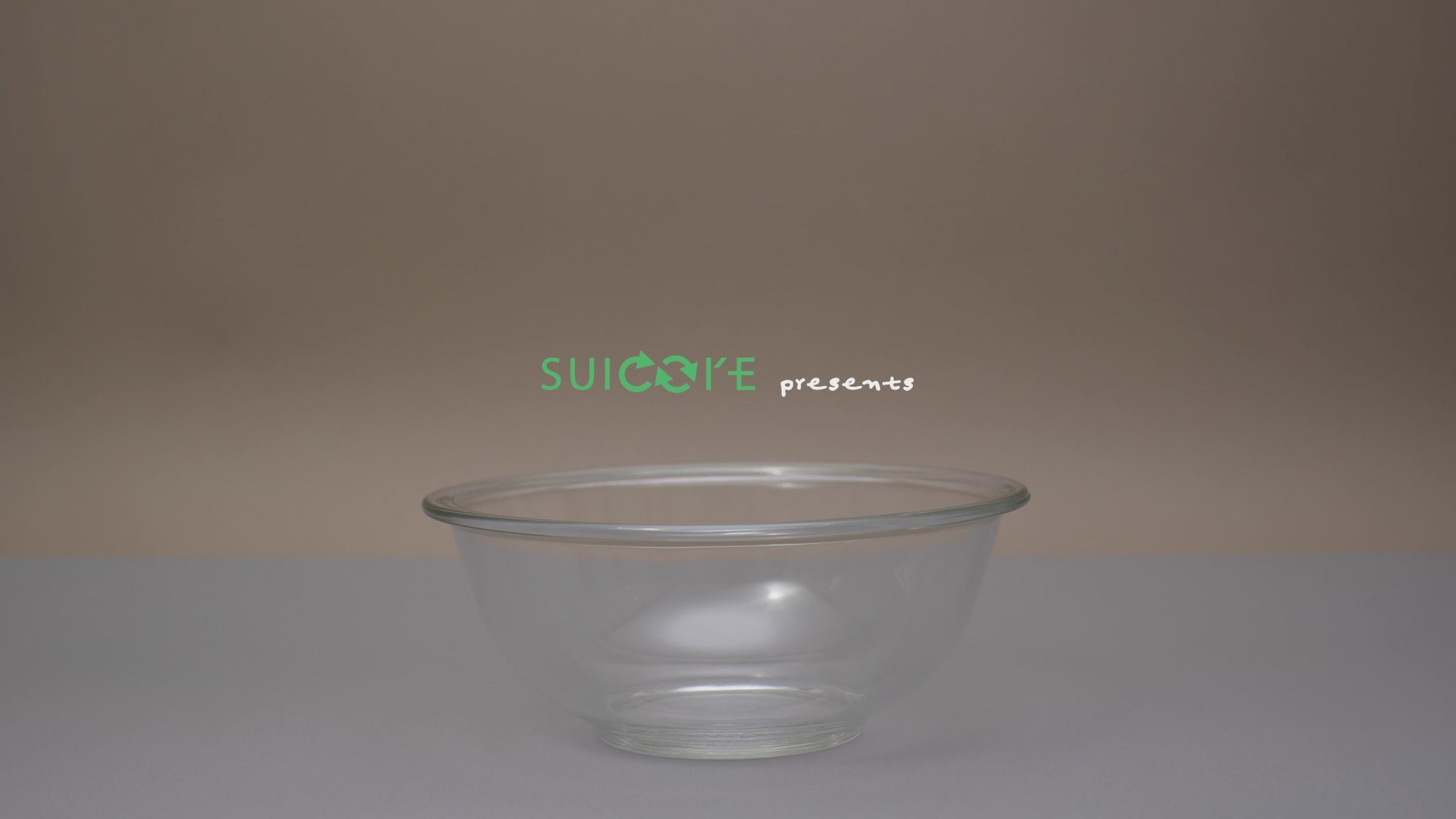From triple-layer waterproof fabrics, to specialised antibacterial footbeds, the functionality of SUICOKE footwear is second to none, and our focus on new developments and technology remains unwavering.
Original Antibacterial Footbed
The SUICOKE Original EVA Antibacterial Footbed is a base construct applied to the outsoles of a wide range of our primary product. The antibacterial technology is processed into the footbed during the manufacturing process, to fight the growth of bacteria & mould that can cause stains, odours and the deterioration of your footwear.
Through this process, footwear retains a clean and fresh appearance for an extended period of time. The technology implemented into the EVA footbed will not wash off, nor wear away over time - meaning the antibacterial protection is designed to last the lifetime of the shoes.
Suicoke Sherpa
Our original SUICOKE SHERPA material formulates a waterproof, windproof and breathable membrane lining.
A triple-layered fabric, the SHERPA lining is applied to boots and shoes focused on protection from the elements; weather extreme cold or rain. The outer and base layers are adjusted to fit the fabrication of the footwear they are applied to - meaning that footwear carrying the SHERPA lining boast unbeatable comfort as well as functionality.
ECO Line
Whether it’s leftover fabric during manufacturing or recycled nylon, there are a number of different sources that make up environmentally-friendly SUICOKE ECO product range.
Continuing our ongoing partnership with Vibram, we utilise their innovative ECOSTEP EVO technology, consisting of a minimum of 30% recycled Vibram rubber. Invented in 1994, it is the first globally pioneering eco-compound that maximizes recycled rubber materials for sole application. The BOWER and PEPPER-ECO styles - introduced in FW24 - feature Thinsulate Insulation lining, produced via 83% recycled materials.
The bulk of the upper is produced via waste materials discarded during manufacturing processes. Nylon tapes, stitching and brand labels on our sandals are made via 100% recycled plastic bottles. The sugarcane used to make the footbeds is sourced from Brazil; a renewable resource that grows quickly, removing carbon from the atmosphere as a byproduct.








